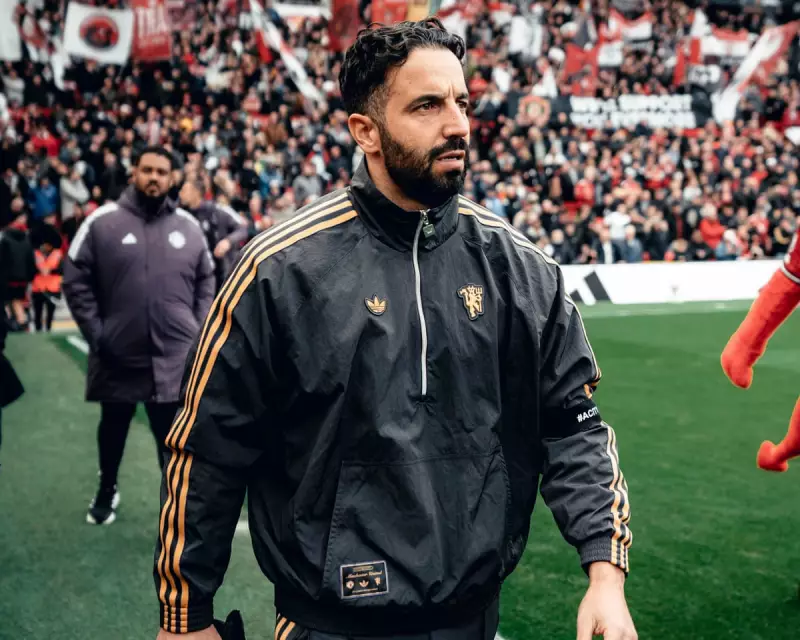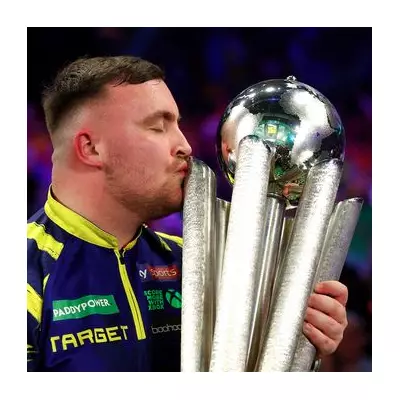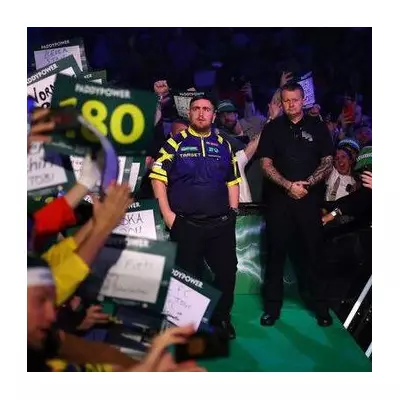
Despite the much-heralded arrival of Ruben Amorim and Jim Ratcliffe's significant financial backing, Manchester United appear trapped in a familiar cycle of disappointment, with the club's deep-seated structural flaws proving stubbornly resistant to change.
The INEOS Revolution Stalls
When British billionaire Jim Ratcliffe's INEOS group secured a minority stake in Manchester United, hopes soared among the Old Trafford faithful that a new era was dawning. The appointment of highly-rated Portuguese manager Ruben Amorim was meant to signal a decisive break from the post-Ferguson years of underachievement.
Yet several months into this new regime, the same problems that have plagued United for years continue to surface with alarming regularity. The team's performances have failed to demonstrate the cohesive identity and tactical discipline that characterised Amorim's successful spell at Sporting CP.
Familiar Problems Resurface
Observers note that United's play remains fragmented, with the same defensive vulnerabilities and midfield disorganisation that undermined previous managers. The team appears no closer to developing the coordinated pressing system or attacking patterns that defined Amorim's previous successes.
The fundamental issues run deeper than any single appointment can remedy, suggesting that the club's problems are embedded in its very structure. Despite Ratcliffe's investment and Amorim's pedigree, United continue to look like a collection of individuals rather than a cohesive unit.
A Long Road Ahead
The persistence of these flaws raises serious questions about whether managerial changes alone can solve United's problems. The club's recruitment strategy, academy development, and overall football philosophy may require more radical overhaul than initially anticipated.
As another season progresses with familiar frustrations, it becomes increasingly clear that Ratcliffe's revolution requires more than financial muscle and a promising manager. The road back to Premier League supremacy appears longer and more complex than many had hoped.
United supporters, who had dared to dream of a swift return to glory, now face the sobering reality that their club's revival may be a project of years rather than months.




